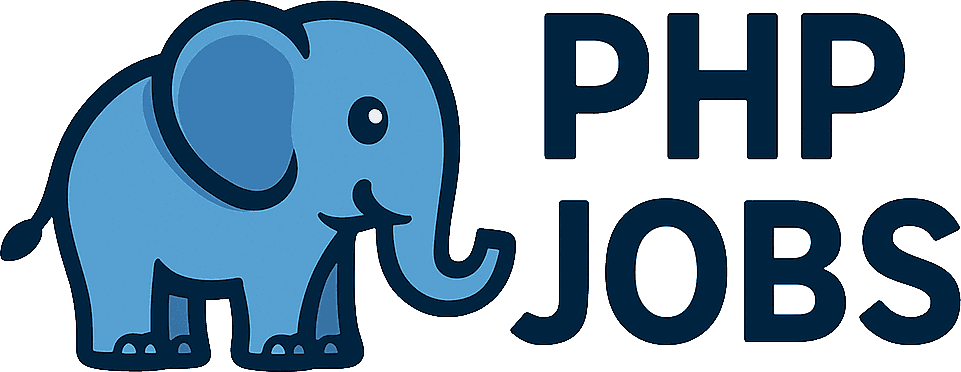Performance Tuning
Performance tuning is a highly sought-after skill for PHP developers, involving the hands-on process of identifying and resolving performance bottlenecks to make applications faster and more resource-efficient. It is a precise discipline that requires a deep understanding of the entire technology stack.
Core Areas of PHP Performance Tuning
Effective performance tuning requires a multi-faceted approach, targeting optimizations at different layers of the application architecture. Developers must analyze and improve everything from server configurations to individual lines of code.
Key Optimization Layers
- Application Code: Refactoring inefficient algorithms, optimizing loops, minimizing memory usage, and leveraging modern PHP features and JIT compilation.
- Database Interaction: Optimizing slow SQL queries, adding appropriate indexes, and avoiding common pitfalls like the N+1 problem.
- Caching Strategy: Implementing and fine-tuning caching mechanisms with tools like
RedisorMemcachedto reduce redundant computations and database hits. - Server Environment: Configuring the web server (Nginx, Apache), tuning PHP-FPM worker processes, and maximizing the benefit of bytecode caching with
OPcache.
Success in performance tuning relies heavily on accurate measurement. Profiling tools like Xdebug, Blackfire.io, and New Relic are essential for identifying the most impactful areas for optimization.



